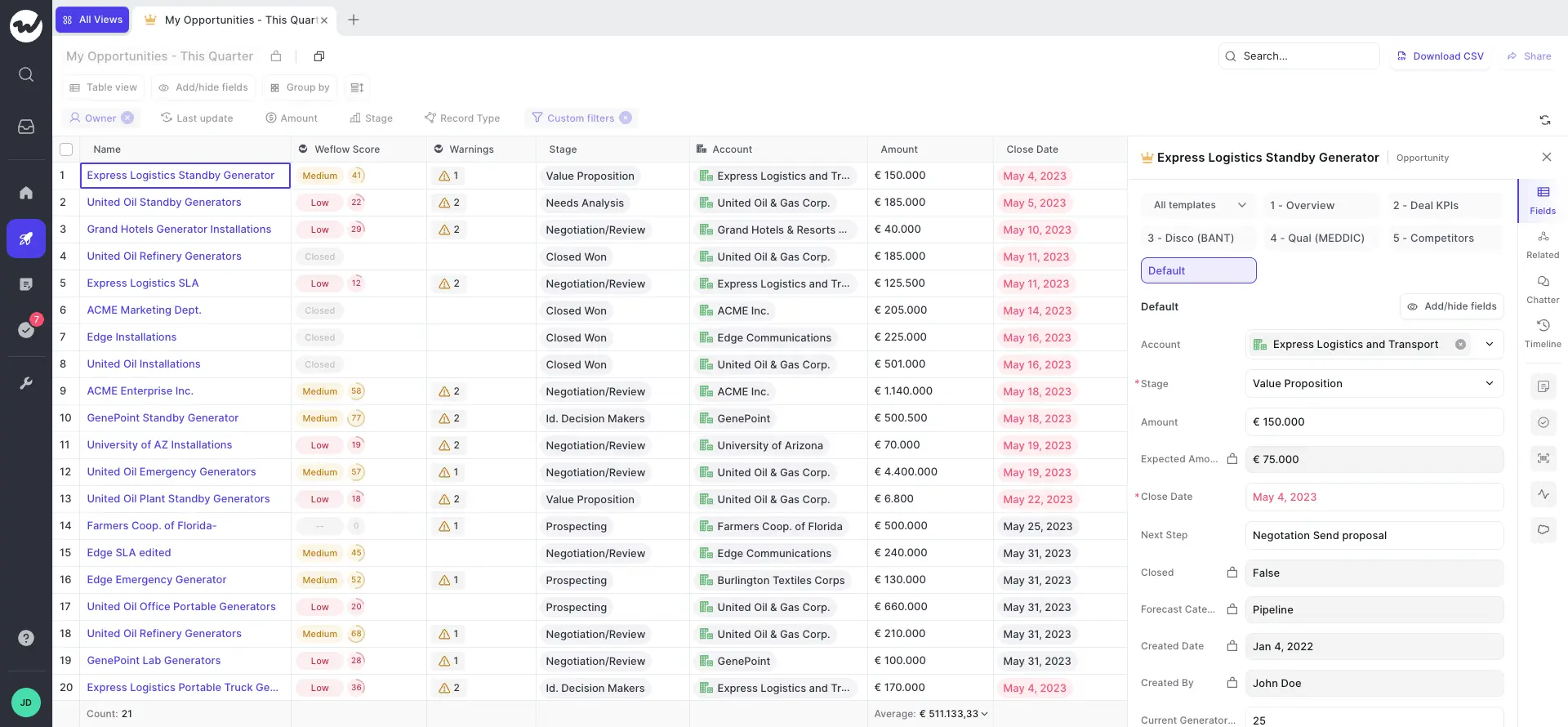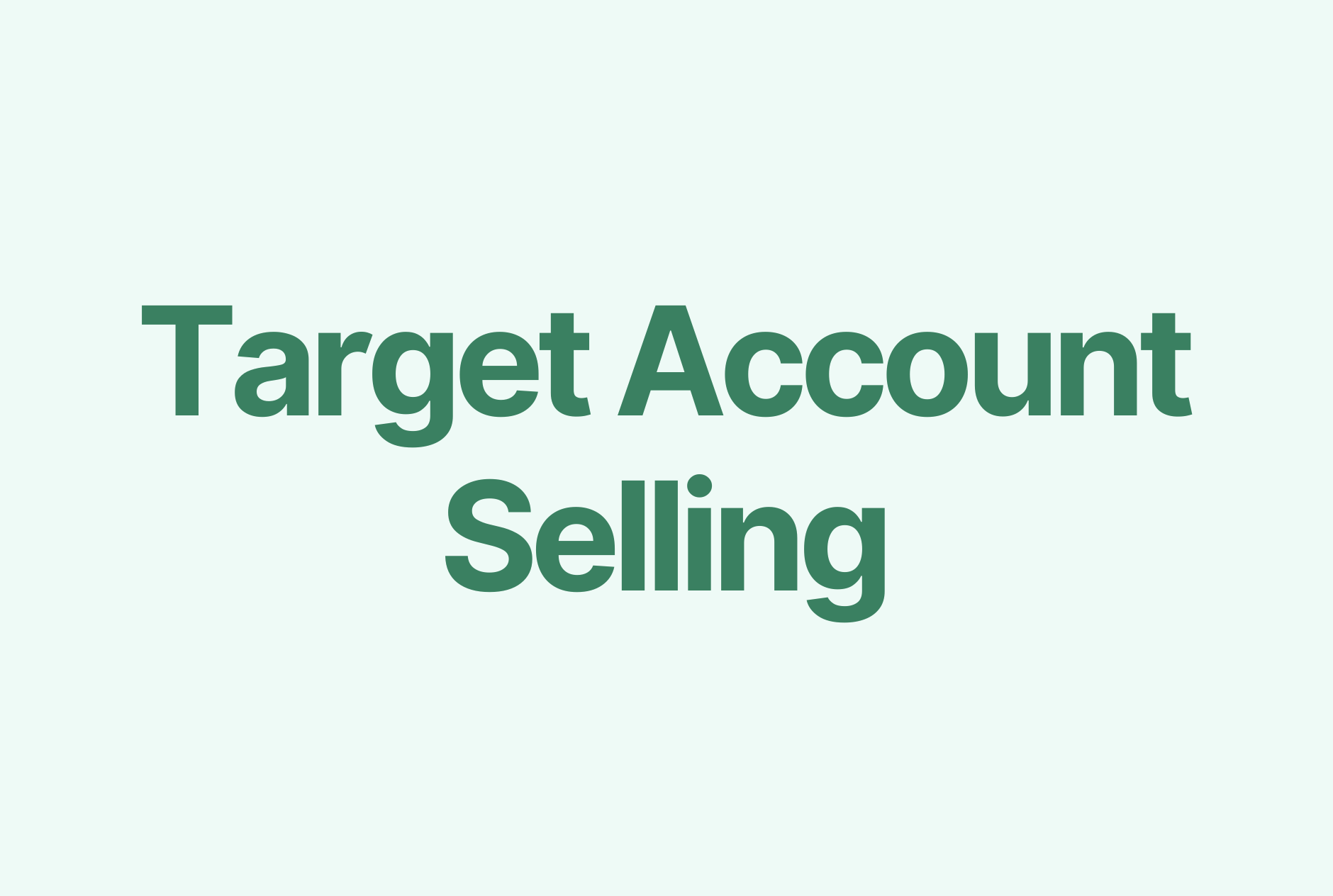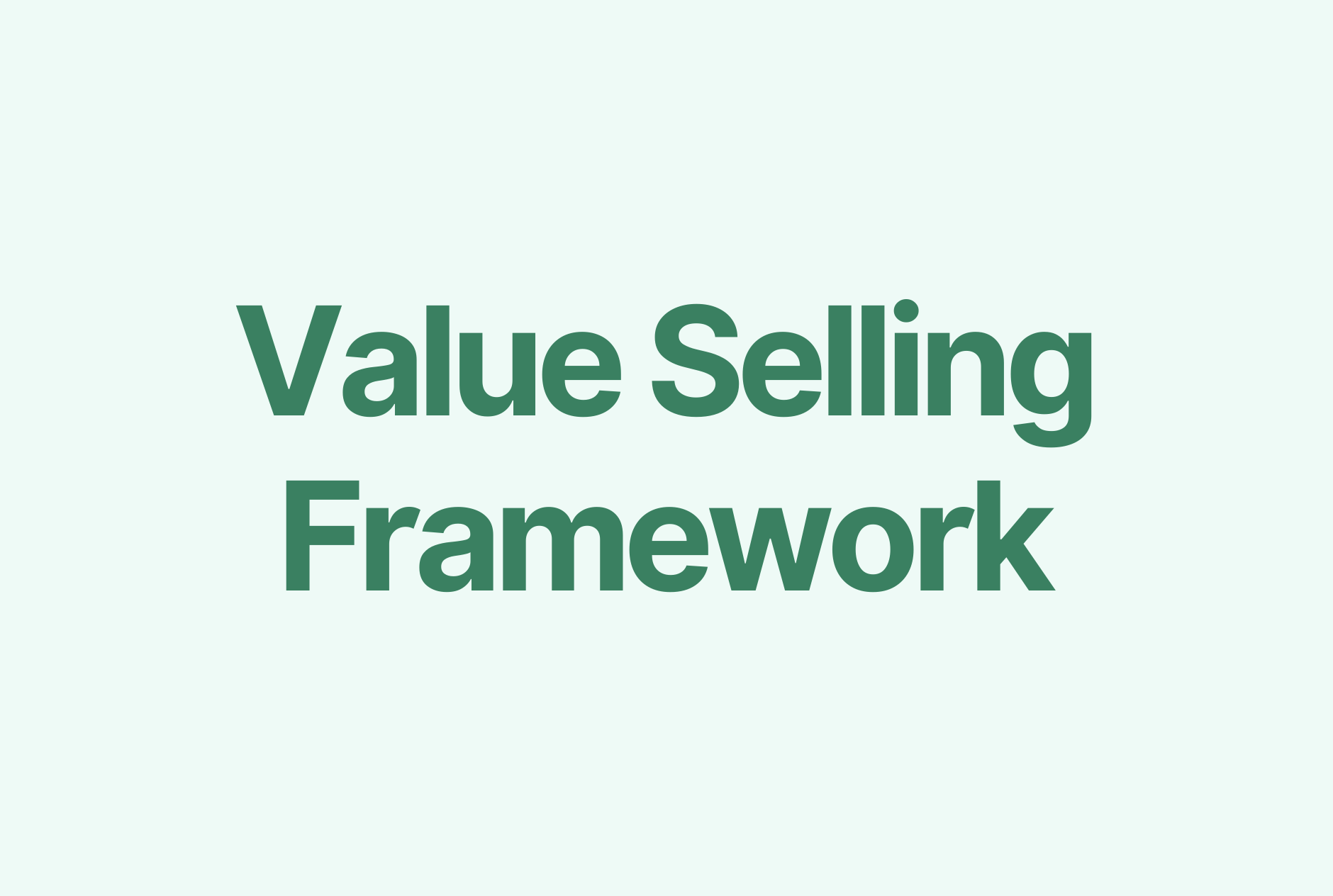CHAMP Sales Explained (incl. 23 Qualification Question Examples)

Looking to try out CHAMP selling? In this guide, we'll explain what the CHAMP sales methodology is, how it works, and why sales teams should use it.
Let's start.
What is the CHAMP sales methodology?
CHAMP is a method of qualifying prospects based on four factors:
- Challenges
- Authority
- Money
- Priority
Challenges
If a prospect doesn’t have an issue they need to solve or a challenge they need to overcome, you’re fighting an impossible battle.
The same goes for prospects with challenges that won’t be fixed with your product or solution.
According to the CHAMP methodology, a sales rep should first qualify leads based on the challenges they’re facing and how they align with the solutions your offering provides.
Here are some questions you can ask to assess whether your solution fits your lead’s challenges:
- Where is your current solution falling short?
- What areas are you still struggling to see improvements in?
- What challenges do you see arising as your company continues to grow?
- How are these challenges creating additional problems for your team or customers?
- What is the cost of not solving these challenges?
- What does your ideal solution look like?
Authority
Once you know that the solution you have to offer aligns with your lead’s challenges, you need to make sure they're not the wrong person to talk to.
If they don’t have the appropriate authority, you could waste time convincing them your solution is the perfect fit — just to hit a wall when the person in charge of making a purchasing decision doesn’t agree.
However, it’s important to note that just because a lead isn’t the final decision maker doesn’t mean you should disregard them or remove them from the sales funnel completely.
Your initial sales lead can point you to or help you connect with the right person within the company's organizational structure or be an advocate for you in trying to convince other decision-makers on the team.
Your goal at this phase is to figure out how much authority your lead has and who else might need to be involved in the decision-making process.
Here are questions to get you started:
- Do you have the authority to make a final purchasing decision?
- Who else would need to be involved in the decision-making process?
- What other team members or leaders are impacted by this decision, and do they need to be involved?
- If you’re not the final decision maker, what do they need to know or understand in order to get on board?
- Is the final decision maker open to a new solution? Do they agree with you on the challenges and opportunities in front of you?
Money
You’ve confirmed that you’re speaking to the right person (or that you’ll be able to connect with the right person eventually) and that your solution fits what they’re looking for. The next question to answer is if the lead can afford what you are offering.
While some sales methodologies put budget early on in the process, writing off potential customers completely because of budgetary constraints could prevent you from making a connection with someone that could ultimately make a purchase.
Budgets are often flexible, or they’re likely to grow as the company grows and has more money to work with. Even if they can’t afford your solution now, they may become a customer down the line.
Here are money questions you can ask to qualify your leads:
- Have you allocated a budget to cover this project?
- What does that budget look like?
- Is your budget flexible?
- Is your budget available now? If not, when will it be available?
- Do you see this budget changing in the future? If yes, how so?
- What would need to happen for your budget to increase?
Prioritization
The final step in the CHAMP methodology is prioritization. How important is solving this challenge to the lead? Are they looking to get a new solution in place as quickly as possible, or do they have other challenges they need to solve first?
It’s important to get as specific on the timeline as possible, although it’s important to remember to be flexible. Things can arise and throw the timeline off track (or even accelerate it), so it’s crucial not to fixate on a specific date or deadline.
Here are some questions to help you get started understanding your lead’s prioritization:
- How quickly do you need to implement a new solution?
- How big of a priority is solving this problem for your team?
- What other things need to happen in order for this to become a priority?
- What is standing in the way of getting this project completed?
- Do you have a time frame for this project?
- Are all decision-makers in agreement on the prioritization of this project?
Where CHAMP falls short
CHAMP is a great alternative to other methodologies like BANT that might seem outdated. Because CHAMP puts challenges first, it helps sales professionals take a more modern approach to qualifying leads.
However, CHAMP may not cover all your bases. Here are some of the areas where CHAMP still requires a bit of additional digging:
1. Determining decision-making criteria
The CHAMP method helps you determine who your decision-makers are, but not necessarily what criteria they need to make a final decision.
What do they look for when choosing a solution? What proof points do they need to see before determining whether or not your solution is right for them?
Without this information, you’re left guessing and throwing information at them, hoping something sticks. It’s an inefficient process that often causes you to waste valuable time or even push leads away.
If using the CHAMP methodology, be sure to also ask questions to determine their decision-making criteria so you can craft your messaging appropriately.
2. Competitors or other solutions
Whenever you’re talking to a lead, they’re most likely having multiple conversations with multiple sales reps at other companies.
It can be helpful to know what competitors they’re considering and why so you can get a better idea of what solution they’re looking for.
However, the CHAMP methodology doesn’t consider other solutions. This makes it difficult for you to offer suggestions or resources that help the lead compare your product to the others they might be considering.
Asking a few questions to get a better understanding of what competitors the lead is talking to can help you make better recommendations.
3. Success indicators
The job isn’t done after a lead becomes a customer. In order for it to be a successful sale, the customer needs to be happy with their purchase and choose to stick around. If they cancel or switch to a competitor because their needs aren’t met, your company can’t grow.
The CHAMP methodology doesn’t look at what events or milestones would indicate success for the lead. It dives into the challenges they're currently facing, but doesn’t consider what solving those challenges really looks like.
In getting to know what success looks like for your lead, you can help guide them to make the right decision and choose a solution that really works for them.
4. Decision-making process
The authority and prioritization phases of the CHAMP methodology can give you a good insight into who will make the purchasing decision and when, but it doesn’t look at the complete process the lead must go through to choose a solution.
Knowing what the lead’s process looks like can help you stay focused on the next steps so you can always be prepared.
You can keep up with each phase of their process, providing the appropriate resources and preventing deals from stalling due to a lack of attention.
Ask your lead what their decision-making process looks like. Work with them to discover what resources or tools they’ll need at each phase.
Operationalize CHAMP with Weflow
Operationalizing sales methodologies like CHAMP can be hard. Sales reps won’t follow the methodology consistently, and managers won’t enforce it.
This will result in the sales team missing the data that’s needed to successfully manage the success criteria of each opportunity.
Weflow offers note templates that can help streamline the CHAMP qualification process. It only takes seconds to create a note template that can be reused by your entire team.

Weflow also enables RevOps to set up central pipeline views and field templates to focus reps on fields that need to be populated at each stage of the sales process.

Wrap up
Ready to add CHAMP to your sales arsenal? Get started with Weflow today.










.png)

.png)
.png)